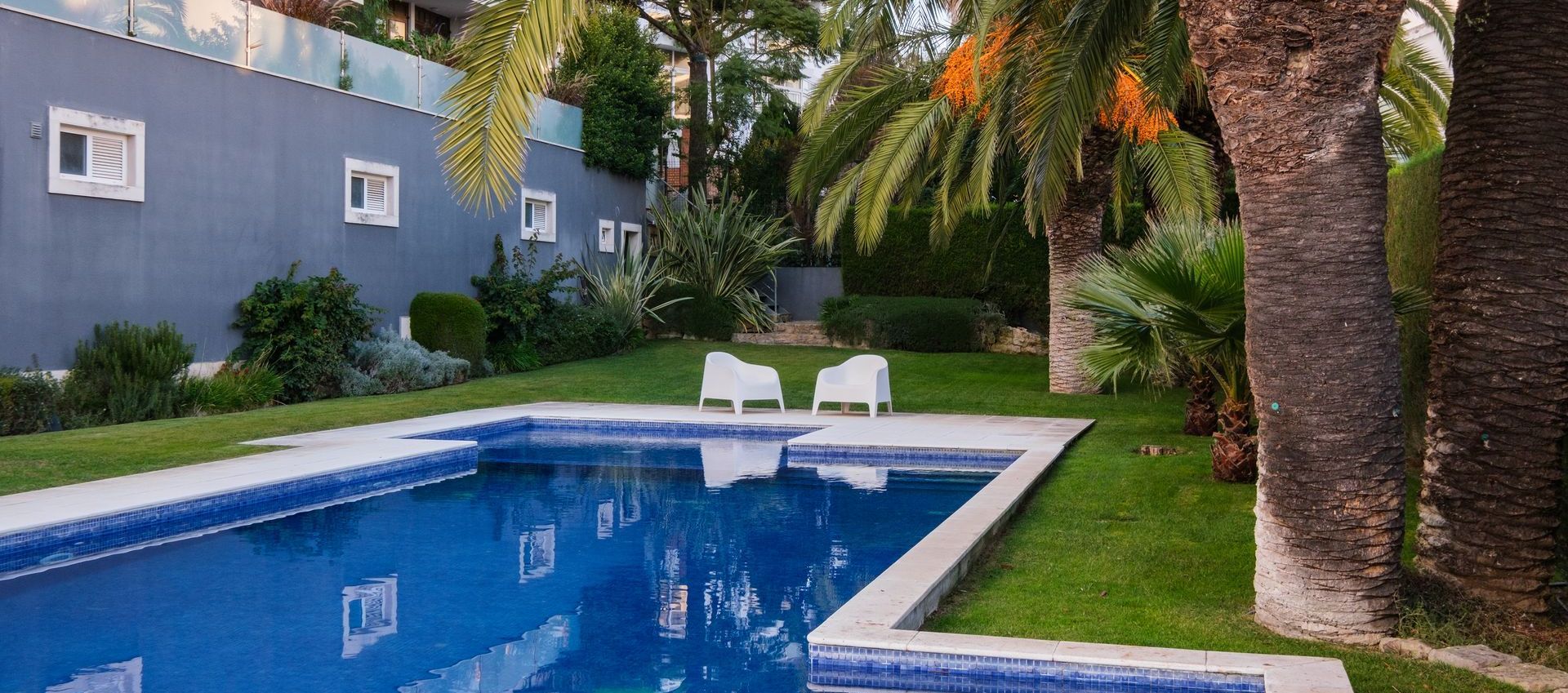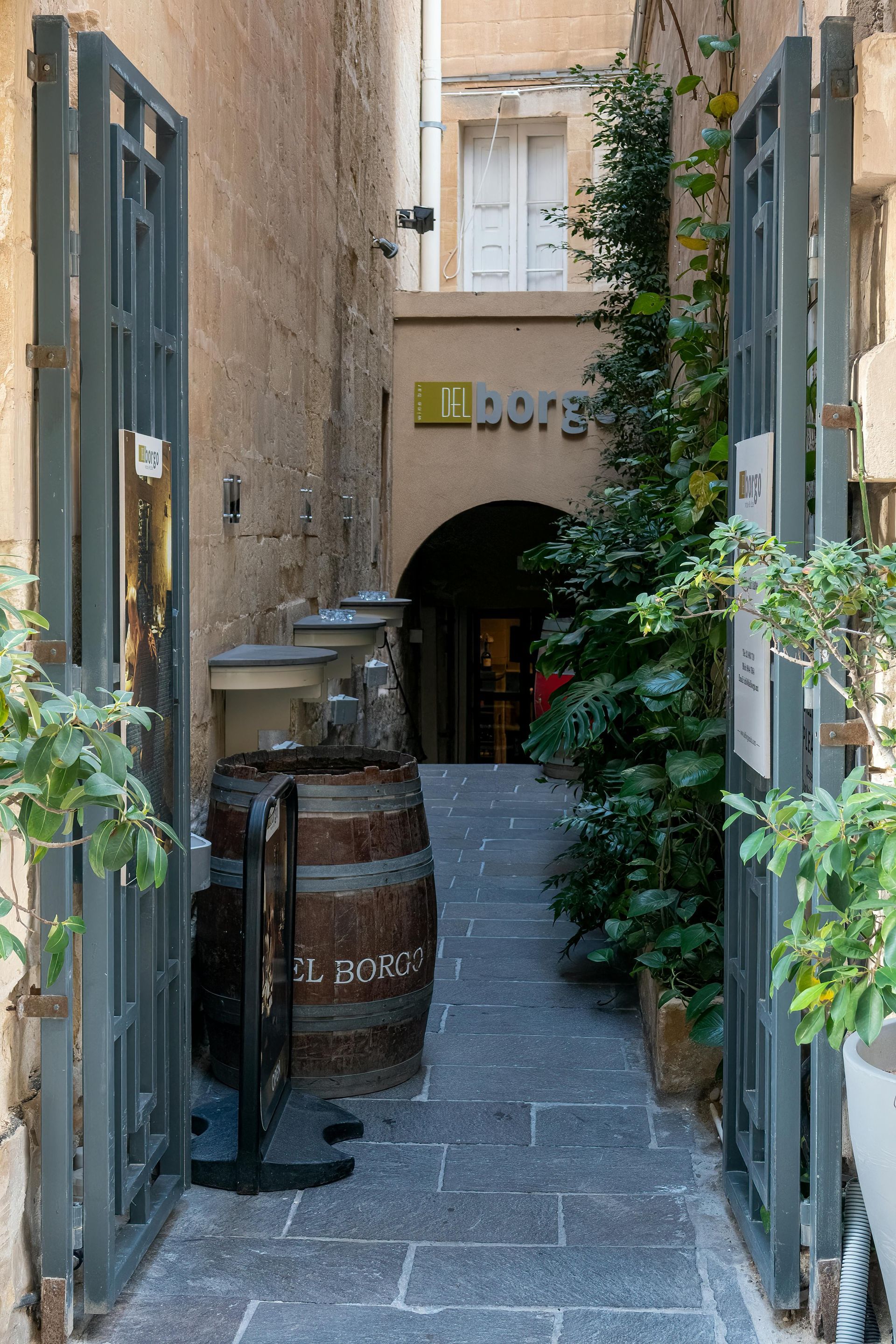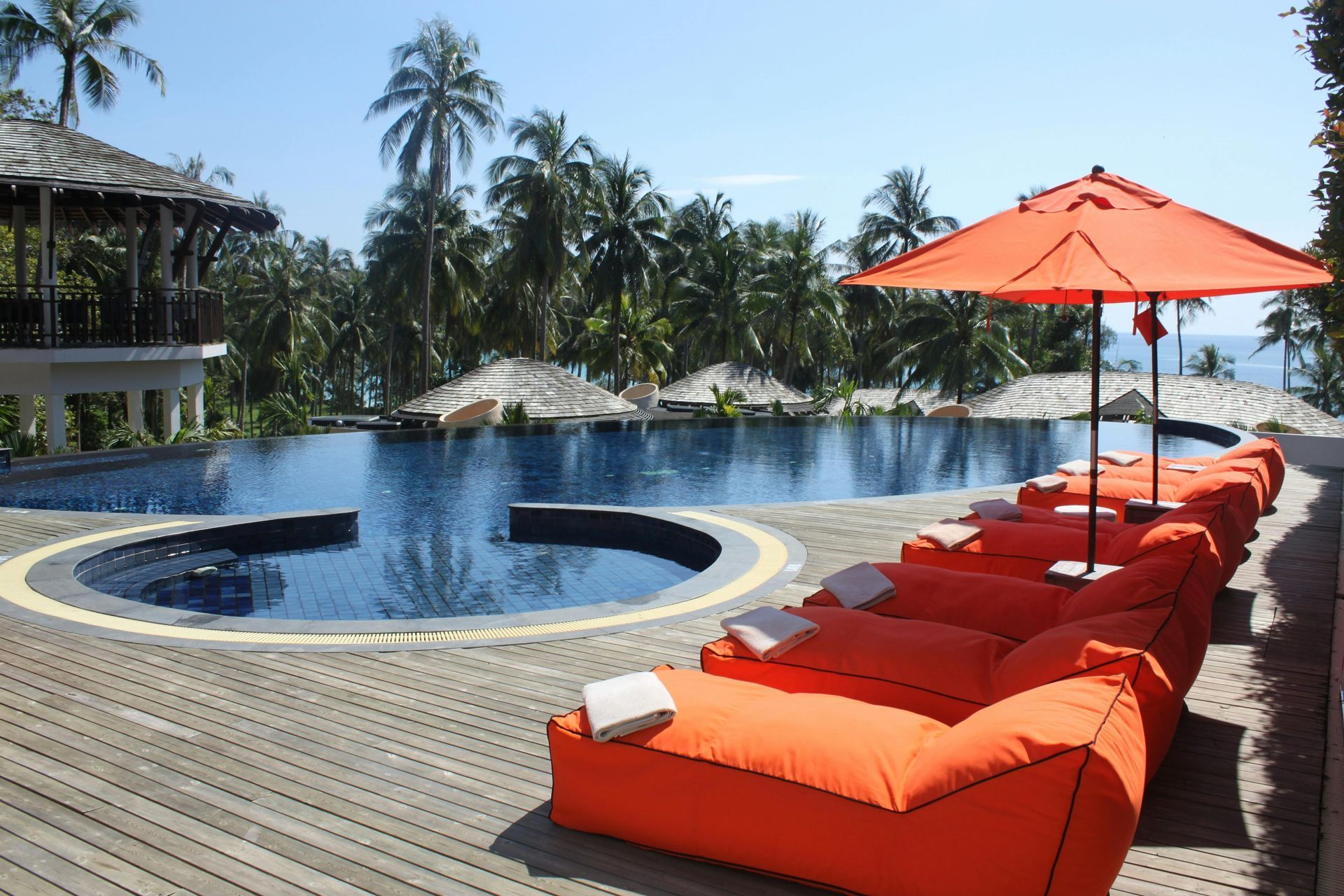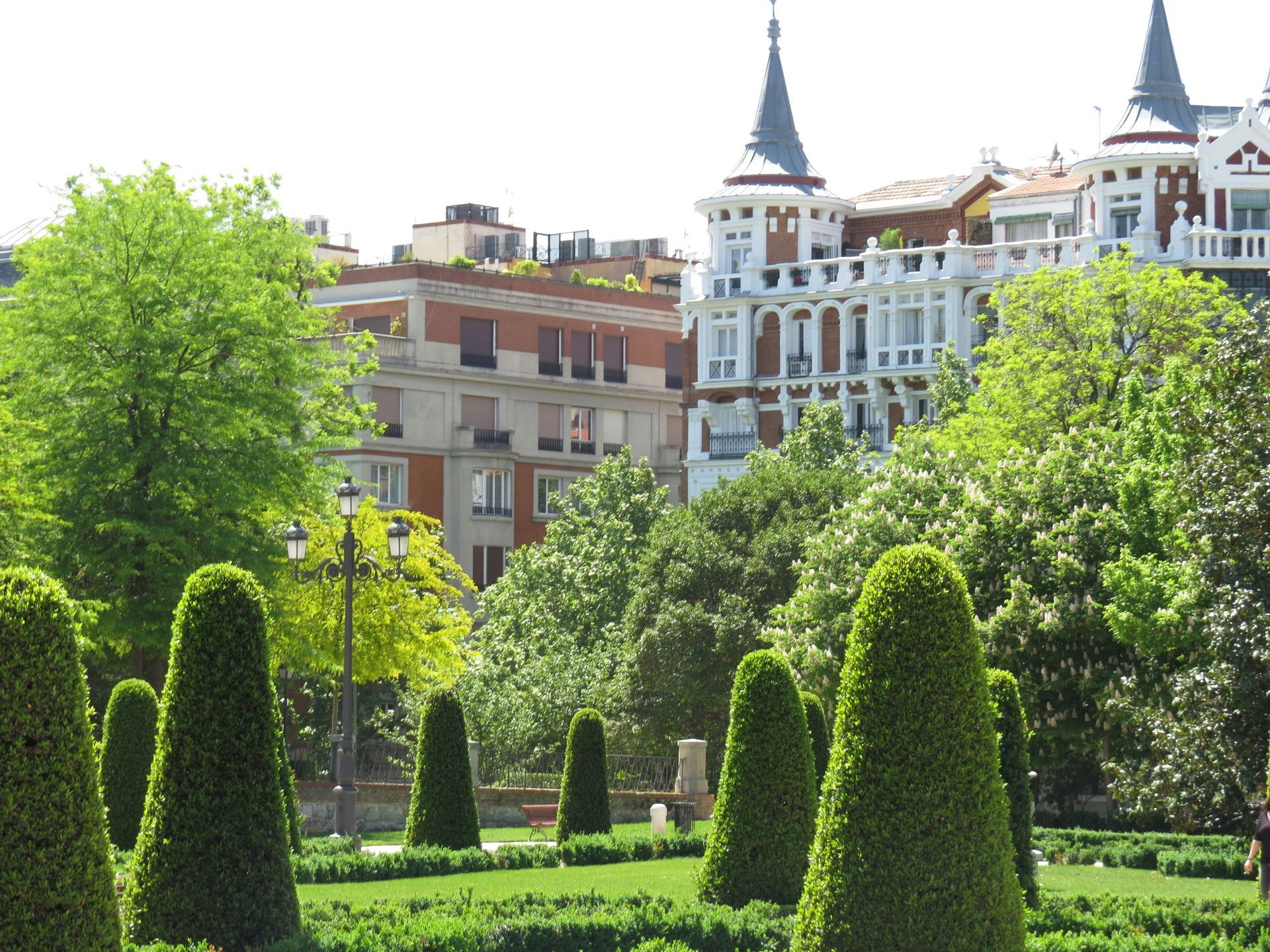Understanding the Algarve Tourist Tax
How the Algarve Tourist Tax Affects Local Businesses and Tourism
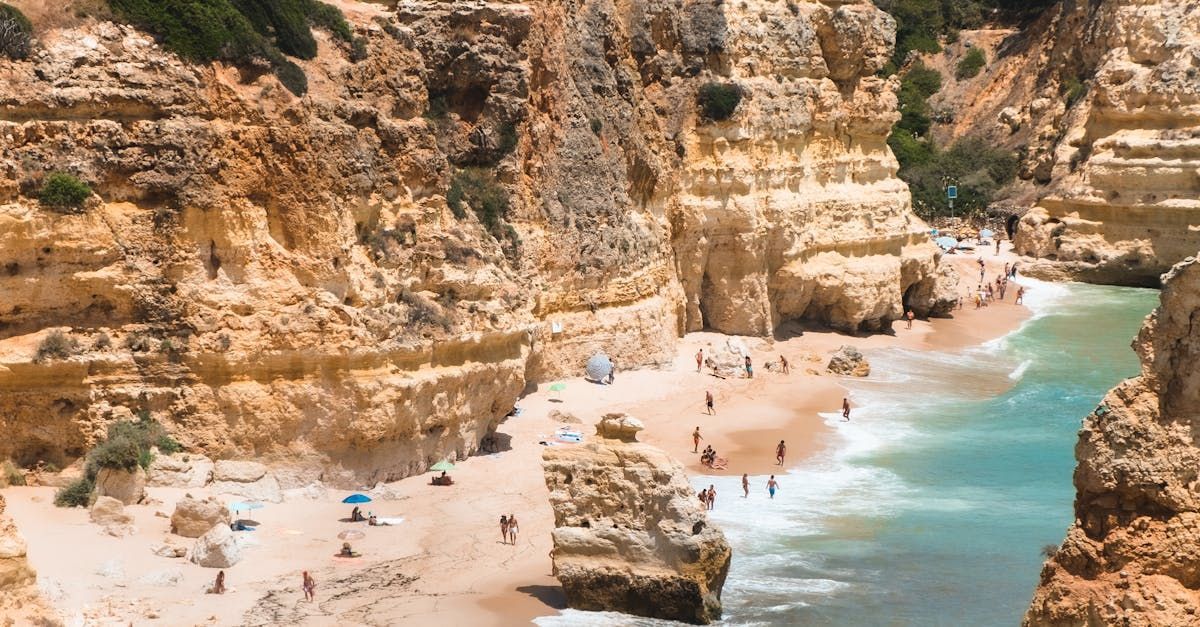
Table of Contents
- Introduction
- The Rationale Behind the Algarve Tourist Tax
- Key Details of the Tourist Tax
- Impact on Businesses
- Legal Considerations and Compliance
- How to Implement the Tourist Tax in Your Business
- Best Practices for Managing Tourist Tax Revenue
- Addressing Common Concerns and Misconceptions
- FAQs About the Algarve Tourist Tax
- Resource Hub
Introduction
The Algarve region, renowned for its stunning coastline and vibrant tourism industry, has implemented a tourist tax to support sustainable tourism development and enhance local infrastructure. For businesses, especially those in the hospitality and tourism sectors, understanding and complying with this tax is crucial. This guide provides comprehensive insights into the Algarve tourist tax, focusing on its impact on B2B stakeholders and offering practical strategies for effective implementation.
The Rationale Behind the Algarve Tourist Tax
The Algarve tourist tax aims to generate revenue for local municipalities to fund tourism infrastructure, promote cultural heritage, and manage the environmental impact of tourism. With increasing tourist numbers, this tax is essential for maintaining the region's appeal and ensuring sustainable growth. The funds are earmarked for projects such as beach maintenance, cultural events, and upgrading public amenities, which directly benefit the tourism industry by enhancing the visitor experience (Portugal News) (Home) (ETIAS Info).
Key Details of the Tourist Tax
Seasonal Rates and Caps
Seasonal Rates: The tax varies by season, with €2 per person per night during the high season (April to October) and €1 per person per night during the low season (November to March). The tax is capped at seven consecutive nights per stay (Home) (ETIAS Info).
Exemptions and Specific Conditions
Exemptions: Children under 13 and individuals staying for medical treatments, among others, are exempt from the tax. It applies to all types of accommodations, including hotels, local lodgings, and campsites (Home) (Sul Informação).
Implementation Dates
Implementation: The tourist tax was implemented in Portimão and Albufeira in early 2024, with other municipalities in the Algarve region following suit. Each municipality manages its tax collection and usage independently (Portugal News) (Sul Informação).

Impact on Businesses
For businesses, the tourist tax introduces new administrative responsibilities and potential financial impacts. Hotels, local accommodations, and other tourist enterprises are tasked with collecting the tax and ensuring compliance. This section explores the direct and indirect effects on business operations and profitability, including potential impacts on booking rates and guest satisfaction.
Financial Implications
Revenue Management: Businesses must adjust their pricing strategies to incorporate the tourist tax, which could affect competitiveness and profitability. Proper communication with guests about the tax can mitigate negative perceptions (Home) (ETIAS Info).
Operational Adjustments
Operational Changes: Implementing systems to manage tax collection, training staff, and updating booking platforms are essential steps. Efficient tax management ensures compliance and smooth operations (Sul Informação) (ETIAS Info).
Legal Considerations and Compliance
Compliance with the Algarve tourist tax involves understanding local regulations and ensuring proper documentation and reporting. Businesses must stay informed about legal requirements to avoid penalties and ensure smooth operations. Adhering to Portugal Portfolio's property management guidelines can help streamline this process.
Legal Requirements
Regulatory Framework: Familiarize yourself with the specific regulations set by each municipality. Legal compliance includes accurate tax reporting, regular audits, and adherence to the guidelines provided by local authorities (Sul Informação) (Algarve Daily News).
Avoiding Penalties
Penalties for Non-Compliance: Failure to comply with the tourist tax regulations can result in significant fines and legal repercussions. Businesses should implement rigorous record-keeping practices to ensure transparency and accountability (Home) (Algarve Daily News).
How to Implement the Tourist Tax in Your Business
Implementing the tourist tax requires setting up systems for tax collection, training staff, and informing guests about the tax. This section provides step-by-step guidance on integrating tax collection into your business processes.
Training Staff and Informing Guests
Educate your staff about the tax's details and how to communicate them to guests. Clear communication helps avoid misunderstandings and ensures guests are aware of the additional charges. Training sessions and informational materials can equip your team with the necessary knowledge (Sul Informação) (ETIAS Info).
Efficient Tax Collection Systems
Developing or integrating software solutions can simplify the tax collection process, ensuring accuracy and compliance. Regularly update your systems to reflect any changes in tax regulations. Tools like property management software can automate the process, reducing administrative burdens (Algarve Daily News).
What is the purpose of the Algarve tourist tax?
The tax supports sustainable tourism by funding infrastructure, cultural heritage projects, and environmental initiatives.
Who is responsible for collecting the Algarve tourist tax?
Hotels, local accommodations, and other tourist enterprises are responsible for collecting the Algarve tourist tax from their guests.
Are there any exemptions to the Algarve tourist tax?
Yes, children under 13, individuals staying for medical treatments, and certain other categories are exempt from the Algarve tourist tax.
How is the Algarve tourist tax rate determined?
The Algarve tourist tax rate is seasonal, with higher rates during the peak tourist season (April to October) and lower rates during the off-season (November to March).
How should businesses handle Algarve tourist tax collection and reporting?
Businesses should implement efficient systems for collecting and reporting the Algarve tourist tax and ensure staff are trained to inform guests about the tax details.
What happens if a business fails to comply with Algarve tourist tax regulations?
Non-compliance with Algarve tourist tax regulations can result in penalties. It is essential for businesses to stay informed about legal requirements and ensure proper documentation and reporting.
Best Practices for Managing Tourist Tax Revenue
Effectively managing the revenue generated from the tourist tax is crucial for transparency and accountability. Businesses can follow best practices to ensure funds are used appropriately and reported correctly.
Allocation of Funds
Revenue Allocation: Allocate funds to projects that enhance the guest experience and support sustainable tourism initiatives. This can include infrastructure improvements, cultural programs, and environmental conservation efforts. Transparent allocation can also build trust with guests and stakeholders (ETIAS Info) (Algarve Daily News).
Reporting and Documentation
Record Keeping: Maintain thorough records of all tax collections and expenditures. Regular audits can help ensure compliance and provide transparency to stakeholders and regulatory bodies. Documentation should include detailed logs of collected taxes, expenditures, and project outcomes (Algarve Daily News).
Addressing Common Concerns and Misconceptions
Businesses often have concerns about the impact of the tourist tax on guest satisfaction and booking rates. This section addresses these issues and offers strategies to mitigate potential negative effects.
Mitigating Negative Impacts
Guest Communication: Communicate the benefits of the tax to guests, emphasizing how it contributes to improving their overall experience in the Algarve. Transparency about the use of funds can enhance guest understanding and acceptance (Home) (ETIAS Info).
Competitive Positioning
Staying Competitive: Highlight the unique benefits and high-quality experiences your business offers to justify the additional cost. Competitive pricing strategies and exceptional service can help maintain booking rates despite the tax (Portugal News).
FAQs About the Algarve Tourist Tax
- What is the purpose of the Algarve tourist tax? The tax supports sustainable tourism by funding infrastructure, cultural heritage projects, and environmental initiatives.
- Who is responsible for collecting the tourist tax? Hotels, local accommodations, and other tourist enterprises are responsible for collecting the tax from their guests.
- Are there any exemptions to the tax? Yes, children under 13, individuals staying for medical treatments, and certain other categories are exempt.
- How is the tax rate determined? The tax rate is seasonal, with higher rates during the peak tourist season and lower rates during the off-season.
- How should businesses handle tax collection and reporting? Implement efficient systems for collecting and reporting the tax, and ensure staff are trained to inform guests about the tax details.
- What happens if a business fails to comply with the tax regulations? Non-compliance can result in penalties. It is essential to stay informed about legal requirements and ensure proper documentation and reporting.
Resource Hub
For more detailed information and resources on managing the Algarve tourist tax, visit the following links:
- Portugal Portfolio Property Management: Expert property management services.
- Portugal Portfolio Alojamento Local: Local accommodation management.
- Algarve Tourism Board: Official tourism information and updates.
- ETIAS: Information on European travel regulations affecting tourists.








